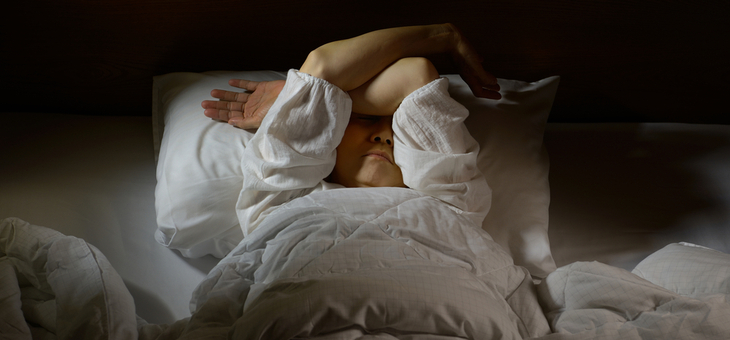Almost four in 10 Australians do not get sufficient quality sleep, a report commissioned by Federal Government has found.
This cost the economy $26.2 billion in 2016-17, mostly due to reduced productivity. When the impact of poor health and wellbeing was included, the estimated cost rose to $66.3 billion, the report said. Of even greater concern, inadequate sleep was blamed for contributing to 3017 deaths in 2016-17.
The report states that healthy adults need seven to nine hours of quality sleep. Just five consecutive bad nights can put your body in a pre-diabetic state and, for males, can lead to a dramatic reduction in testosterone “as though he has aged a decade”.
The report said that ongoing bad sleep patterns contributed to a 20 to 40 per cent increase in the likelihood of developing chronic health issues, a higher risk of obesity and poor mental health.
Australasian Sleep Association president-elect Associate Professor Alan Young was one of the experts who contributed to the 170-page report. He said that low levels of sleep had been traditionally worn as “a badge of honour”.
“Politicians and even the medical professions ourselves have been guilty of working long hours, restricting sleep times and feeling that this is something that toughens you up. But in actual fact, it’s the opposite.”
,br>Sleep must be treated as seriously as nutrition and diet, the report said. The key recommendations included:
- A national sleep health awareness campaign to promote sleep as the foundation of good health and wellbeing. It would provide practical information on sleep hygiene and how an individual can improve their sleep.
- A request that the Government review the Medicare Benefits Schedule to consider including sleep health services, which are largely excluded from rebates.
- Educating the population that the use of digital devices before bed can disrupt sleep.
- Funding to ensure that all Pensioner or Health Care Card holders with moderate to severe obstructive sleep apnoea, regardless of their location, be able to access a free trial of Continuous Positive Airway Pressure (CPAP) therapy and, if the trial is successful, free ongoing CPAP treatment.
- Developing effective training mechanisms to improve the knowledge of primary healthcare practitioners in diagnosing and managing sleep health problems.
University of South Australia psychology professor Siobhan Banks said the inquiry represented the first time a government had acknowledged sleep as a national priority.
“It often doesn’t seem to get that same attention from a research or funding perspective,” she said.
“Sleep is also something where if people do have a problem with it, they often suffer in silence and don’t really talk about it.”
Are you among the four in 10 Australians experiencing sleeping difficulties? Have you sought professional help? Was it successful? Was it expensive?
Related articles:
Sleep issues linked to heart attacks
Can sleep help prevent Alzheimer’s?
Why our sleep patterns change

